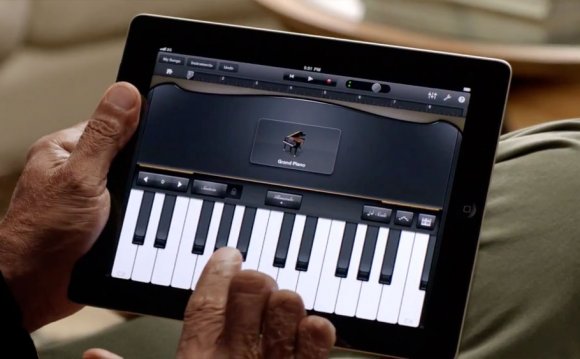
 Master Highland bagpiper Ian Whitelaw of Redondo seashore is an ongoing participant inside Alliance for Ca conventional Arts’ Apprenticeship system with apprentice Earl Braten of Tracy. The main focus of their apprenticeship is on the Scottish Highland bagpiping music tradition of Piobaireachd, a form of music which was indeed ripped because of the late 16th century in Scotland. The apprenticeship focuses on Braten’s memorization of up to four of this pieces, one-by-one, and mastering the nuances and depth within the songs, under Whitelaw’s guidance.
Master Highland bagpiper Ian Whitelaw of Redondo seashore is an ongoing participant inside Alliance for Ca conventional Arts’ Apprenticeship system with apprentice Earl Braten of Tracy. The main focus of their apprenticeship is on the Scottish Highland bagpiping music tradition of Piobaireachd, a form of music which was indeed ripped because of the late 16th century in Scotland. The apprenticeship focuses on Braten’s memorization of up to four of this pieces, one-by-one, and mastering the nuances and depth within the songs, under Whitelaw’s guidance.
In comparison to band and march piping, which consider group playing and technical precision, Piobaireachd lacks a group tempo and it is generally speaking played by a soloist, emphasizing simple private interpretations plus freedom in the songs confines of what's played. You can find over 350 known songs (each track averaging 15-minutes long) within the conventional Piobaireachd repertory, a repertory with martial roots from Western Isles and is typically handed down orally, requiring total memorization. While written notation is out there, it's limitations to capture the richness, explanation and soulfulness of form. Whitelaw elaborates: "this can be all music of finesse. There’s no power right here. The bagpipe is unique for the reason that we don’t have any various other solution to express the music except to keep the notes – like a radio it is possible to never turn off. All we are able to do is contain the records, therefore the note values in writing aren’t the notes played... the secret would be to instruct the student how much time to keep the note, to be able to show it, sound musical. It has become breathtaking, tuned, and blown manageably, a number of things simultaneously – then everything memorized."
"This music allows the tool to tell the storyline. Because the bagpipe is about sound, on how it appears towards person hearing. This kind of type of songs has actually long records so that it offers you the chance to bask when you look at the sound of note. That’s just what stirs people. it is certainly not the melody. it is constantly exactly how it seems. Noise makes you feel a particular method."
"you simply have actually nine notes to help make those pieces [in the Piobaireachd repertory] sound various, " Braten adds.
Whitelaw, that knows more or less 150 of these songs, was taught by revered bagpiper Andrew Wright of Scotland’s Piobaireachd Society, who Whitelaw has worked with more than the last three decades and views "one associated with the all-time virtuoso musicians, original." The musical custom itself attracts from traditional bagpipe music, and each tune is organized around a certain musical motif or "ground, " opening aided by the easy motif, slowly building through melodic passages, and time for the ground by the end. But Piobaireachd songs is different from ancient bagpipe music in its playing technique, slow speed, and its distinct music movements.
Originally played for lamenting the demise in a family group, saluting a brand new delivery, honoring a community gathering, or punctuating wartime, Piobaireachd appeared from the Highland clan system which generations ago would include a bard commemorating a clan-oriented battle or people, accompanied by Piobaireachd. "if the clan system were unsuccessful [in approximately the midst of the eighteenth century] Piobaireachd started to perish completely, " Whitelaw describes, "so that the British Army invented your competition, the Piobaireachd community came up with the concept having a competition and therefore would force individuals play it." Tournaments without a doubt are critical towards perpetuation and improvement Piobaireachd to this day – including three annual major competitions in Scotland – and, along side funerals, will be the most common modern framework where Piobaireachd is heard. Tournaments are important for gold medal-winning master pipers like Whitelaw to improve their particular visibility and their artistry, though Whitelaw emphasizes the enthusiasm when it comes to music and level of artistry in type precedes any sort of prestige: "for me personally it is not concerning the prizes. I’ve studied the songs, I’ve studied the composers. I would like to understand what makes it great. It’s essential for me to have it right. We don’t would you like to only remember it."
RELATED VIDEO











